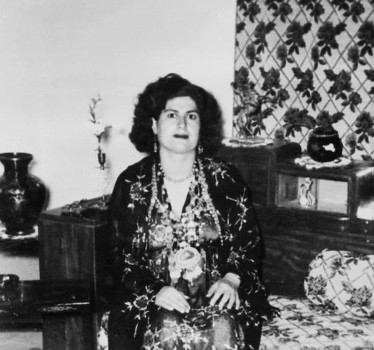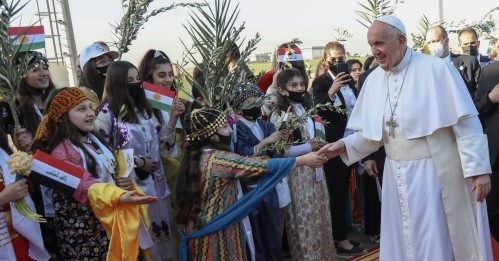In a series of meetings aimed at resolving key issues between the Kurdistan Regional Government (KRG) and the Federal Government of Iraq, significant progress has been made in ensuring the protection of the Kurdistan Region's constitutional rights.
On July 20, 2023, the KRG delegation continued its discussions with the Iraqi government at the office of the President of the Council of Ministers in Baghdad. During these crucial talks, the KRG delegation emphasized the importance of safeguarding the region's financial entitlements and its rightful share of the federal budget.
Despite concerns about certain provisions in the federal budget, the KRG delegation reaffirmed its commitment to the budget law during the meetings. This commitment was well received and acknowledged by the Iraqi government, signifying a step forward in resolving budgetary disputes and fostering cooperation.
At this crucial juncture, the agreement becomes significant since employers in the Kurdistan Region have been encountering salary delays. These delays are attributed to the Iraqi government's failure to send the Kurdistan region's share and the persisting disputes between the two governments.
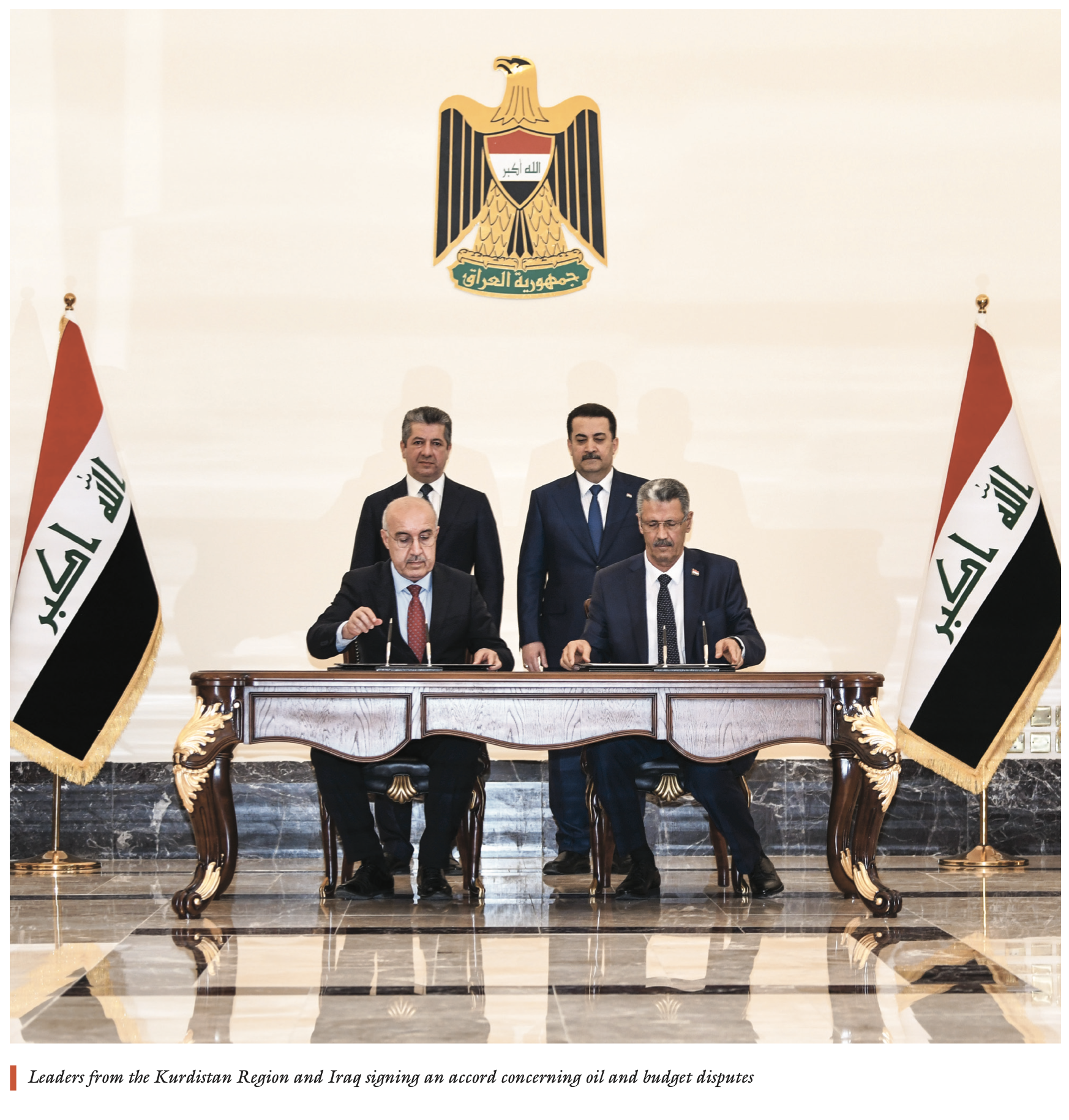
Resolving salary delays
The timely resolution brought about by the most recent agreement holds immense significance as it addresses a pressing issue affecting the livelihoods of employers in the Kurdistan Region. For a considerable period, these hardworking individuals have been enduring salary delays, directly resulting from the prolonged disputes between Erbil and Baghdad.
The protracted disagreements between the two administrations have had a direct impact on the financial stability of the Kurdistan Region, trickling down to affect the timely disbursement of salaries to employees. As paychecks were withheld or delayed, many workers experienced financial hardships, struggling to meet their daily needs and obligations.
The situation reached a critical point, with mounting frustration and concern among affected employees. Their unwavering dedication and commitment to their jobs were put to the test as they grappled with the uncertainties surrounding their financial well-being.
Fortunately, the recent agreement between Erbil and Baghdad offers a glimmer of hope and relief for the hardworking employers in the region. By addressing the longstanding disputes and reaching a consensus, this agreement sets a promising precedent for resolving future disagreements through dialogue and diplomacy.
With the underlying issues being tackled and a commitment to cooperation demonstrated by both parties, there is renewed optimism that salary delays will be a thing of the past. The agreement not only aims to ensure the timely disbursement of salaries but also seeks to establish a more stable and harmonious relationship between the two governments.
The positive impact of this agreement extends beyond the financial aspect; it reinforces the value of open communication and collaboration in resolving complex issues that affect the lives of countless individuals. Since the concerns of employees in the Kurdistan Region are being acknowledged and addressed, a sense of trust and confidence is being restored, fostering an atmosphere of mutual understanding and respect.
As the implementation of the agreement progresses, it is crucial for both governments to remain committed to its provisions, ensuring that the livelihoods of hardworking employees are safeguarded and their salaries are disbursed on time. This step forward signifies a significant milestone in the pursuit of stability, prosperity, and progress for the Kurdistan Region.
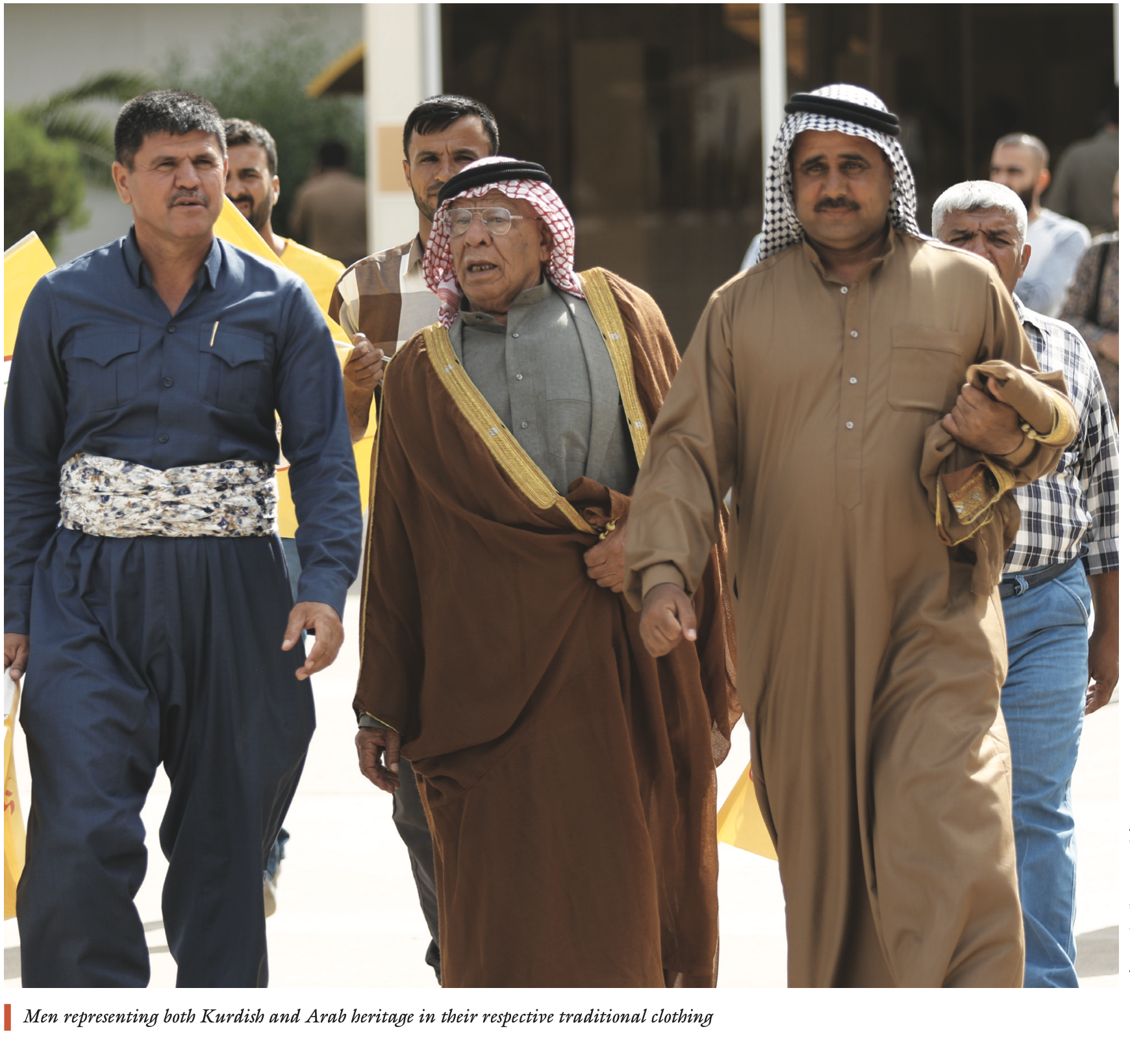
Mutual understanding
Recognizing the significance of their discussions, both sides took the initiative to sign the minutes (or notes) of the perspectives and understandings that resulted from the recent meetings. This act underscores both sides’ mutual commitment to finding common ground and addressing key issues in a constructive manner.
Future dialogue
The meetings have proven to be constructive and fruitful, paving the way for future dialogues. The KRG delegation is expected to return to Baghdad for further talks in the following week, demonstrating a willingness from both parties to engage in sustained discussions and to work towards forging lasting solutions.
Enhancing transparency
Transparency emerged as a core concern during the meetings. The KRG delegation stressed the importance of conducting an audit process to ensure accountability and openness. As part of this commitment, an auditing of the budget provisions is scheduled to take place next week, conducted jointly by Iraq’s Federal Board of Supreme Audit and the KRG's Department of Financial Audit. This step will undoubtedly strengthen the financial management process and foster transparency in resource allocation.
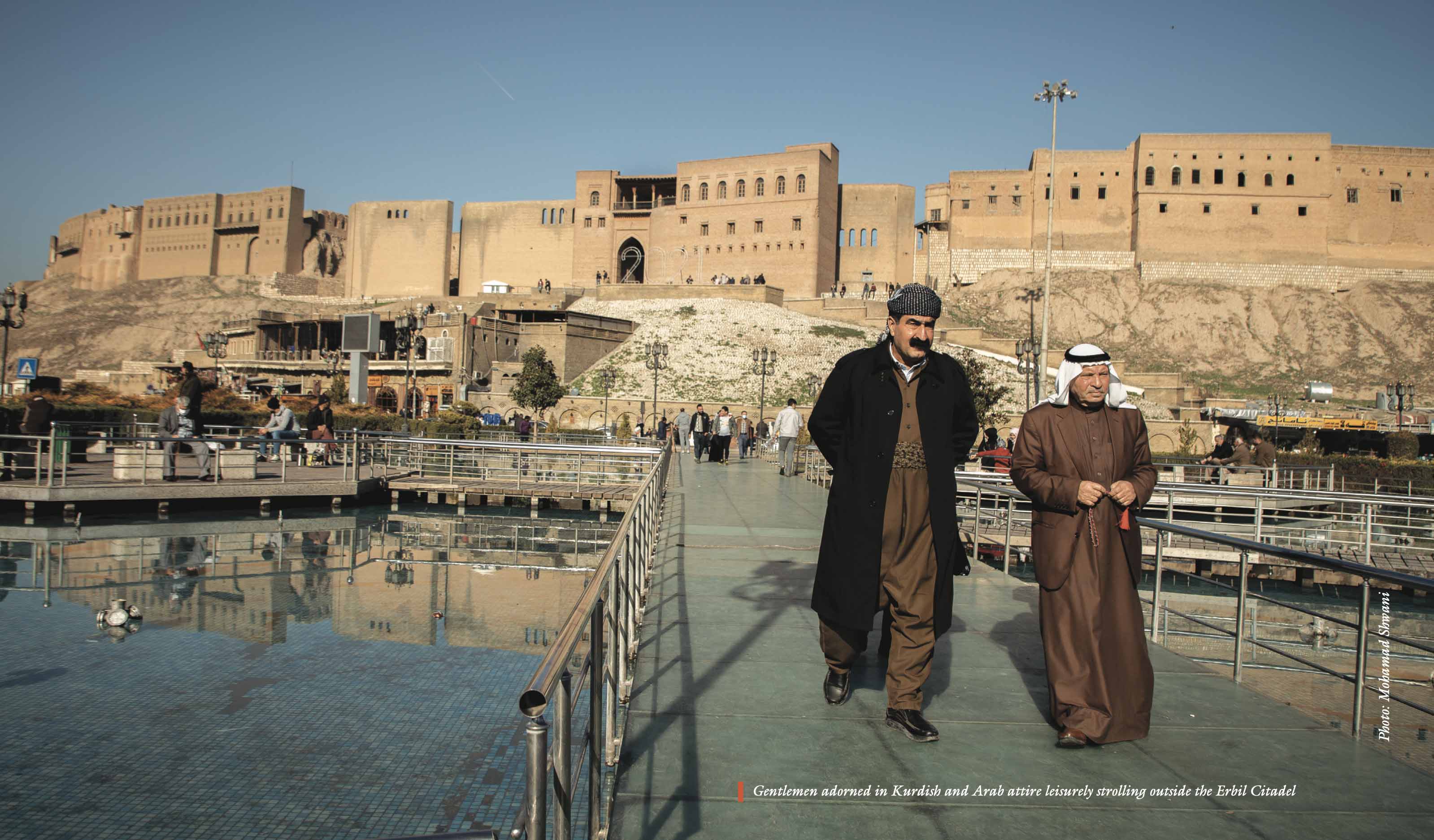
Positive outlook
Aumed Sabah Othman, the President of the KRG’s Diwan of Council of Ministers who headed the KRG delegation to Baghdad, expressed optimism about the outcome of the negotiations. He believes that the agreement reached between Baghdad and Erbil will solidify their relationship and establish a framework for resolving future issues through dialogue and understanding.
The recent meetings also mark a significant milestone in strengthening relations and finding common ground on contentious issues. By emphasizing constitutional rights, financial entitlements, and budgetary allocations, both parties have demonstrated their commitment to resolving disputes through constructive dialogue.
The signing of the minutes of perspectives and understandings also further cements their dedication to working together for a prosperous and harmonious future. As the audit process moves forward, enhanced transparency is expected to create a foundation for efficient resource management and accountability. With this positive progress, there is renewed hope for a more cohesive and cooperative relationship between Iraq and the Kurdistan Region.
Dr. Marewan Hawramy is a writer and he holds a Master's Degree in diplomacy and international relations.
